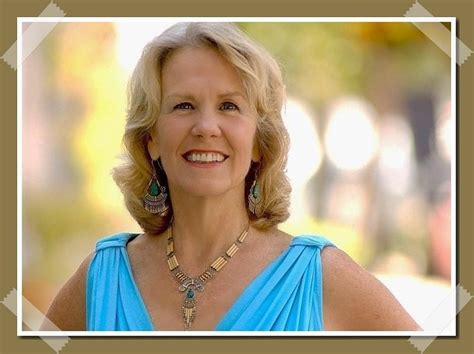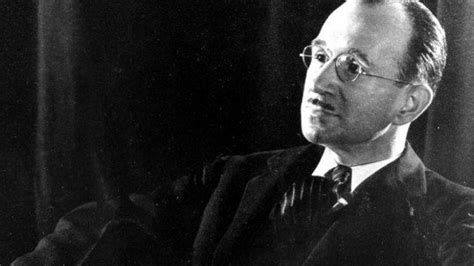A Quote by Emile M. Cioran
Fear can supplant our real problems only to the extent -unwilling either to assimilate or to exhaust it -we perpetuate it within ourselves like a temptation and enthrone it at the very heart of our solitude.
Related Quotes
Have no fear of robbers or murderers. They are external dangers, petty dangers. We should fear ourselves. Prejudices are the real robbers; vices the real murderers. The great dangers are within us. Why worry about what threatens our heads or our purses? Let us think instead of what threatens our souls.
There is no hate without fear. Hate is crystallized fear, fear's dividend, fear objectivized. We hate what we fear and so where hate is, fear is lurking. Thus we hate what threatens our person, our liberty, our privacy, our income, our popularity, our vanity and our dreams and plans for ourselves. If we can isolate this element in what we hate we may be able to cease from hating... Hate is the consequence of fear; we fear something before we hate; a child who fears noises becomes the man who hates them.
Why do we not exhaust the heritage of the ages, spiritual and material for our immediate pleasure, and let posterity go hang? So far as simple rationality is concerned, self-interest can advance no argument against the appetite of present possessors. Yet within some of us, a voice that is not the demand of self-interest or pure rationality says that we have no right to give ourselves enjoyment at the expense of our ancestors' memory and our descendants' prospects. We hold our present advantages only in trust.
I believe that around us there is only one word on all sides, one immense word which reveals our solitude and extinguishes our radiance: Nothing! I believe that that word does not point to our insignificance or our unhappiness, but on the contrary to our fulfillment and our divinity, since everything is in ourselves.
I think the Bhagavad Gita is about both the forces of light and the forces of darkness that exist within our own self, within our own soul; that our deepest nature is one of ambiguity. We have evolutionary forces there - forces of creativity, and love, and compassion, and understanding. But we also have darkness inside us - the diabolical forces of separation, fear and delusion. And in most of our lives, there is a battle going on within ourselves.







































